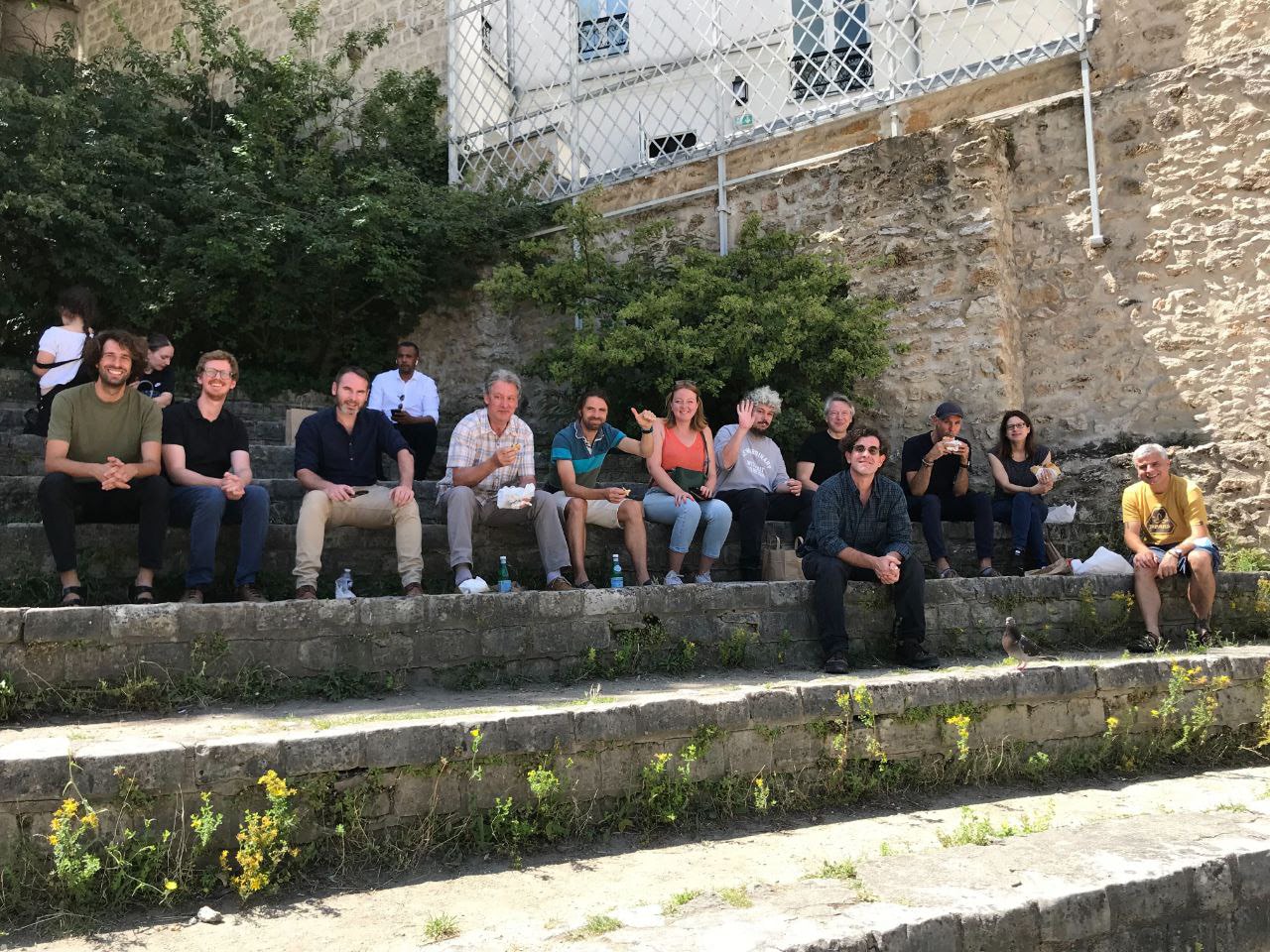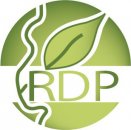About us
ROMI is a four-year Europe-funded research project committed to promote a sustainable, local, and human-scale agriculture. The goal is to develop an open-source, affordable, multipurpose platform adapted to support organic and poly-culture market-garden farms.
Small, diversified vegetable farms have an important role to play in sustainable food production. Installed close to cities, they provide healthy vegetables at accessible prices through short supply chains. They contribute to the biodiversity in peri-urban areas and re-establish the missing link between urban and rural areas.
The Robotics for Microfarms project (ROMI) looks at the use of new technology, including robotics, AI, and advanced modeling, to assist these farms.
The sizes of the farms that we are addressing are between 1000 m² and five hectares. These farms grow a large number of vegetables, up to a hundred varieties, every season. Because of this complexity, most of the planting out, weeding, and harvesting is performed manually. This work is quite physical and time consuming. The ROMI project looks at how new technologies can aid these farmers. The solutions must be adapted to the constraints imposed by these farms (small size, many different crops, lower investment capacity). The ROMI project therefore proposes technologies that are inexpensive, light-weight, and adaptable.
We are looking both at concrete technologies for short-term applications as well as research for more long-term requirements. In the short term, we look at automatic weeding and crop monitoring for more precise crop planning. In the longer term, we deal with 3D imaging and modeling of individual plants for detailed plant health analysis and selective plant breeding. We also look into adative robotics so that our tools can deal gracefully with the complex, time-varying, in-field conditions.
The ROMI technologies are available under an Open Source license in the hope of reaching as many microfarms as possible. We are currently targeting the European microfarms but we keep in mind that worldwide there are over 500 million small-holder farms that could benefit from our work.

Have any questions or comments you'd like to share with us? Please feel free to reach out at info@romi-project.eu.
ROMI Partners

Fab Lab Barcelona at IAAC develops an aerial robot that can be used by farmers. It also performs real-world tests in the experimental gardens at the Valldaura Labs and the Benifallet Ecological Rural Lab (BER-LAB) to imagine end-user scenarios. They help deliver the robotics platform to new markets, managing the communication and user communities.

Sony CSL is responsible for the development of the weeding robot. They also contribute to the development of the computer vision and machine learning algorithms, in particular, on the 3D plant imaging and the coupling between the formal plant models and the convolutional neural networks.
The Virtual Plants team brings its strong expertise in the area of 3D plant architecture reconstruction and modelling. Notably, the team develops computer pipelines to reconstruct plant architecture from 3D data, to assess their reconstruction, and to segment the architecture in its constituent organs.

The Adaptive Systems Group expertise lies in models for closed-loop learning and prediction of sensorimotor data, as well as behaviour recognition and generation. The tasks planned will focus on the learning and adaptive techniques for the interaction between robots and plants.

The RDP team has a deep understanding of the development and evolution of plant reproductive systems. RDP leads the advanced sensing and analysis of crops, and brings its expertise on the developmental dynamics and modelling of plant architecture.

Chatelain Pépinières runs a commercial market farm near Paris. They perform field studies to test the efficiency of the weeding robot and the usefulness of the crop monitoring applications in real-world situations.

FEI provides assistance and training for projects partly funded by the European Commission, as coordinator or as partner. FEI intervenes close to them in the administrative, financial coordination and management of their projects.